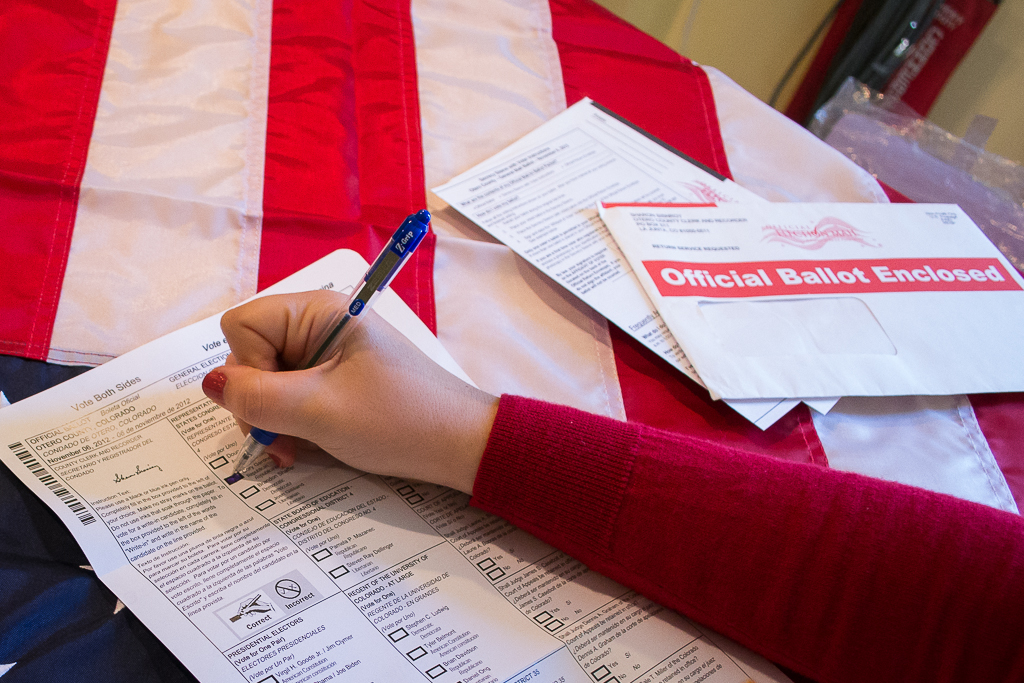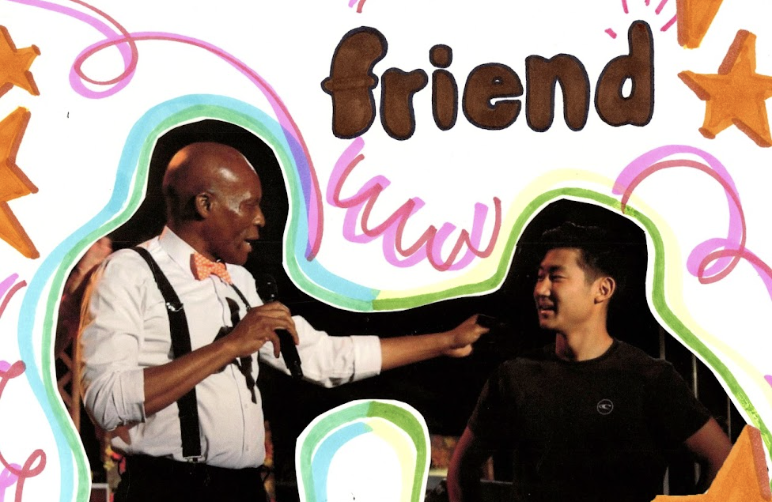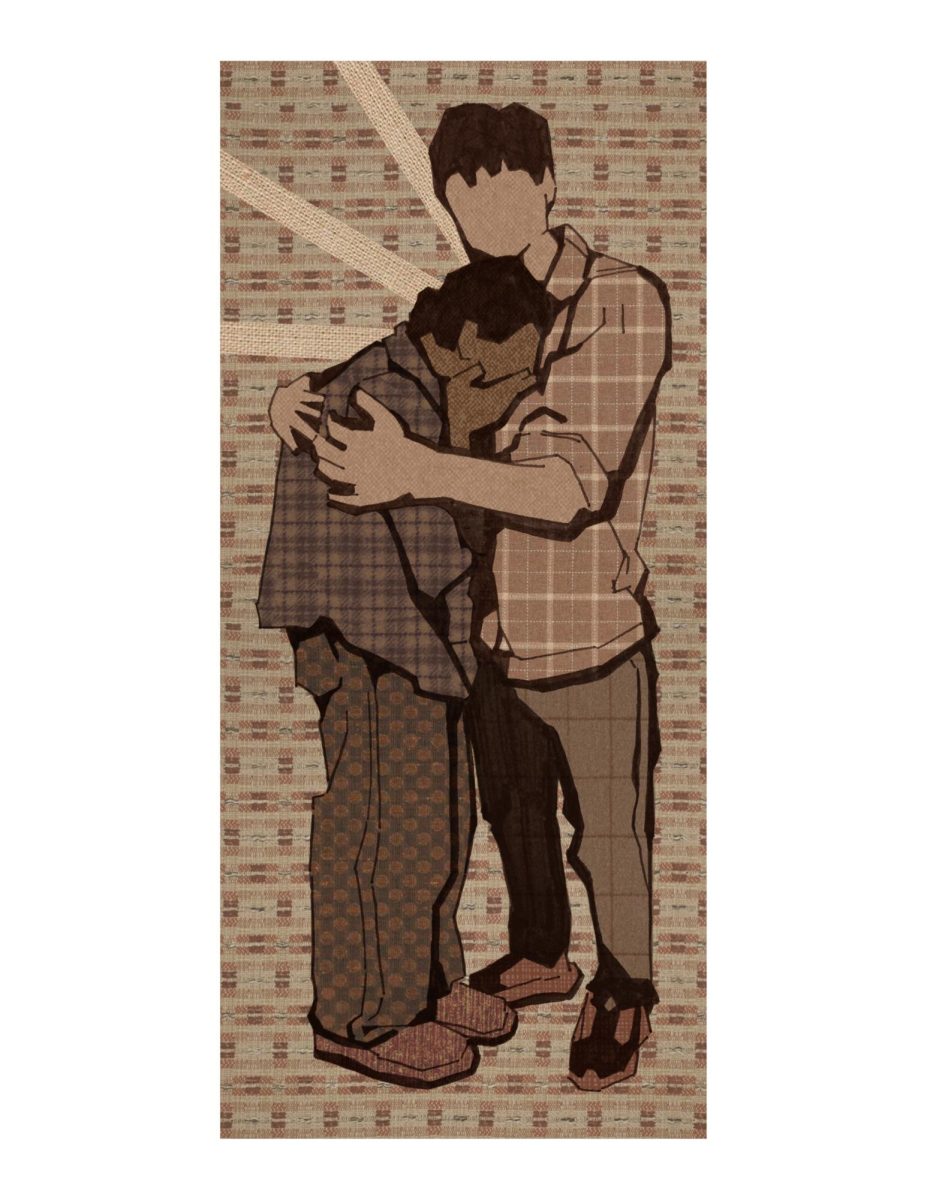
The World Cup is to soccer what the presidential debates are to politics. No one cares until the big game; then Facebook explodes. Soccer goes on the rest of the time without all the extra fans, and so does politics. The difference is that we live our life by legislation — whether or not we exercise our right to vote.
This Nov. 6, Californians will be consulted on far more than the presidency. Not everyone realizes they will have the chance to vote on issues including the death penalty, human trafficking laws and education funding. It is time to turn off CNN or Fox news and pick up one of the gray, recycled-paper Official Voter Information Guides — or just Google “California Voter Information Guide” to see the digital version — and research those sneakily important propositions.
Not a Californian? No problem. Washington is voting on gay marriage and marijuana, while Oregon has measures concerning marijuana and casinos. No matter your home state, there are important issues on the ballot this November.
Since our university is in the Golden State, I would like to highlight a few propositions that may go unnoticed in the shadow of the presidential election. I don’t write to sway you ‘for’ or ‘against’ any of these measures; I don’t even know my vote on all of them. I write to encourage you to consider voting on more than just the president. And there are more propositions than these that deserve attention.
Disclaimer: I am attempting to give a fair and concise picture of these propositions. However, only reading the materials made available to voters will ensure complete and perfect understanding. All information presented is taken from the California Official Voter Information Guide.
Proposition 34
California currently employs the death penalty; Prop 34 would repeal this and make life imprisonment without the possibility of parole the harshest penalty available for California criminals. An interesting aspect of this bill is that it applies retroactively — those currently sitting on death row would have their sentences replaced. Proposition 34 gives $100 million to law enforcement for rape and homicide investigations.
Supporters want to eliminate the possibility of executing an innocent person. They claim the $100 million is a short-term price, while California will save money by not performing costly executions. Adversaries of the measure focus on the cost, claiming that the $100 million for investigation is just the beginning of the cost of this bill, as those who would be sentenced to death now would have to be housed for the remainder of their lives.
Proposition 35
Proposition 35 lengthens the prison sentences and increases the fines of those convicted of human trafficking. Among other changes, the penalty for forced sex trafficking of a minor is changed from eight years to a life term. The fines for sex trafficking of a minor would go from an upper limit of $100,000 to $1.5 million. Prop 35 would also require the convicted to register as sex offenders and disclose their activities on the Internet. The bill redefines the distribution of obscene material featuring minors as human trafficking. It would also allocate a few million dollars to governments to address human trafficking issues and programs for victims.
The proponents argue that harsher punishments will assist in stopping human trafficking. Opponents cite cases of innocent citizens being convicted and suffering harsh punishments for crimes they did not commit.
Propositions 30 and 38
Propositions 30 and 38 are paired because they both address education funding in California. However, they use different — though similar — means. Prop 30 increases income taxes for seven years on those who make more than $250,000 a year, and raises sales tax by 1/4 of a cent for four years. Prop 38 has no increase in sales tax, but raises income taxes on everyone using a sliding scale.
Proponents of both cite the same aim: to make schools a priority and make up for years of tax cuts in education. Those against Prop 30 claim there is no guarantee that additional money will get to schools. Opponents of 38 are against the $120 billion in taxes without requirements to improve student performance.







